The NIT STARTUP CULTURE
A successful start-up is founded at the NIT almost every year. And almost every year, this startup receives EXIST funding!
At the NIT Northern Institute of Technology Management, students can develop their own business idea or even found their own startup. In the MyProject modules they are familiarized with all relevant business tools and concepts.
The NIT curriculum covers the entire process from forming a business idea to finding investors, sales, and marketing. The following overview showcases a few of the many great ideas and startups that were founded by NIT Alumni during or after the Technology Management program.
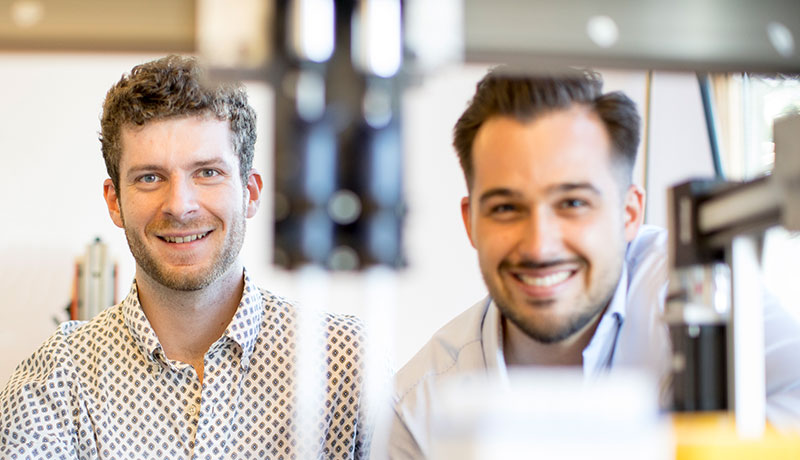
Lukas Gaats und David Hackenberger (NIT Class 20)
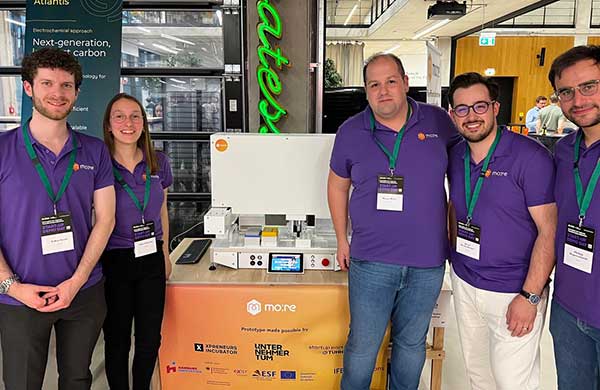
mo:re
Accessible
3D Cell Culture Robot
A TechBio start-up replacing animal testing in drug development by culturing "mini-organs” directly from human cells..
Medical research is cruel, slow, expensive and inefficient. This has been recognised by governments, who have moved to limit and ban animal testing. Our lab platform consisting of a robot and a web platform enables organisations to perform 3D cell culture as a replacement to traditional animal testing, which, at a fraction of the cost, achieves better and faster results and complies with the newest regulations.
Our device replaces error-prone manual processes with machine automation capable of handling liquids inside a biosafety-clean environment. Our software uses AI to offer an easy-to-use protocol oracle, that allows researchers to culture over 10 types of mini-organs within minutes. We bring transparency to each experiment through our automatic quality control system and a pattern recognition lab assistant, that understands experiment datasets, compares them to notes taken and industry best practices and will become every scientist's best teammate.
Founded in 2023 by Class 20 Alumni Lukas Gaats & David Hackenberger, the young company is set for growth, having launched the first product with selected early adopters.
T40
Upscale your transport business
revolutionizes Nigeria's logistics sector
Provides organizations with the perfect combination of technical and operational support needed to keep operations running smoothly, while avoiding unnecessary costs and redundancies.
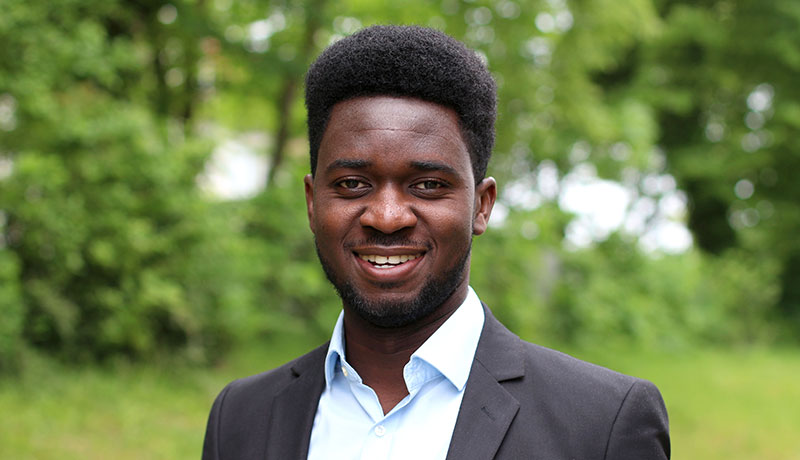
Folarin Olulana (NIT Class 18)
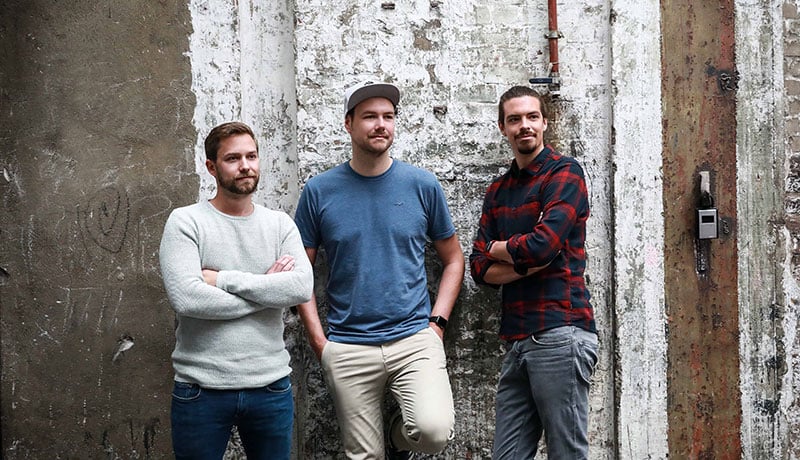
Lucas Bauche and Tobias Hagenau (NIT Class 11) and their co-founder Nils Czernig
HQLabs
The perfect agency software for all projects and jobs
The complete project process in an agency software
The helloHQ agency software makes agency life easier - from the marketing and sales team to project management and controlling.
BENTEKK
Innovative portable device for measuring gases
detecting benzene and other carcinogenic materials quickly and precisely.
Cancer is the primary cause of 50 percent of work-related deaths in Europe. Lung cancer in particular is to blame. Many of these sicknesses are caused by carcinogenic materials. Even small dosages of gases like benzene can increase cancer risk significantly. Employees in industries like paint or plastic manufacturing, petrochemistry, or environmental analysis are exposed to such dangerous materials on a day to day basis.
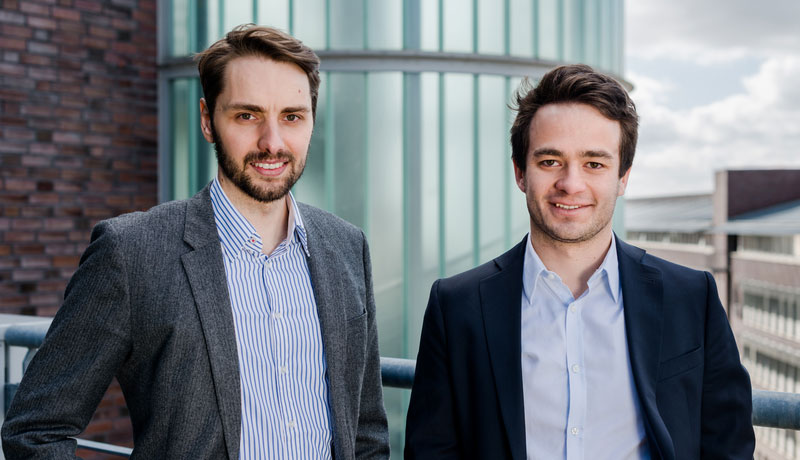
Matthias Schmittmann and Johannes Weber (both NIT Class 14)
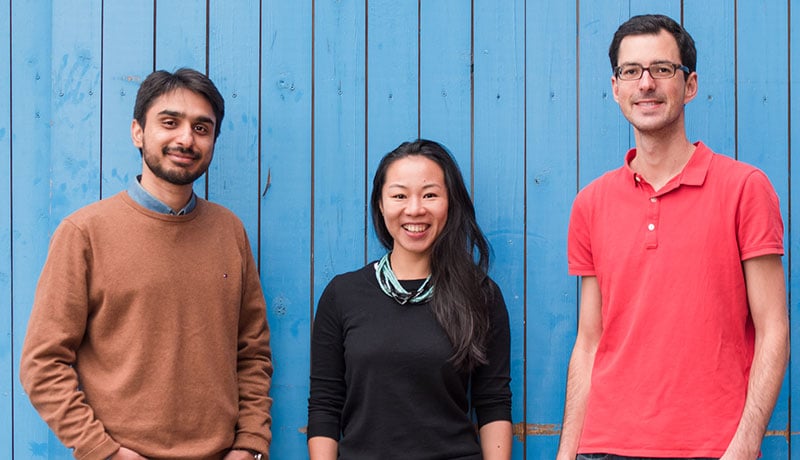
Fahad Khan, Natalia Tomiyama (NIT Class 11) and Sandro Rabbiosi (NIT Class 9)
NÜWIEL
Electric trailer for every bike
Easy, safe and sustainable way to move goods in the urban environment.
The eTrailer is the world’s first electric trailer with a patent granted zero-force sensor technology. The technology provides a millisecond-precision synchronisation enabling automatic acceleration and braking.
The rider feels no weight and makes no additional effort when cycles with the eTrailer.
EVITADO TECHNOLOGIES
Automating Airside Operations
Revolutionizing the future of aviation by automating airside operations..
Evitados product solution mitigates the risk of collisions and increases the level of safety and efficiency whilst providing real-time data for optimizing operations.
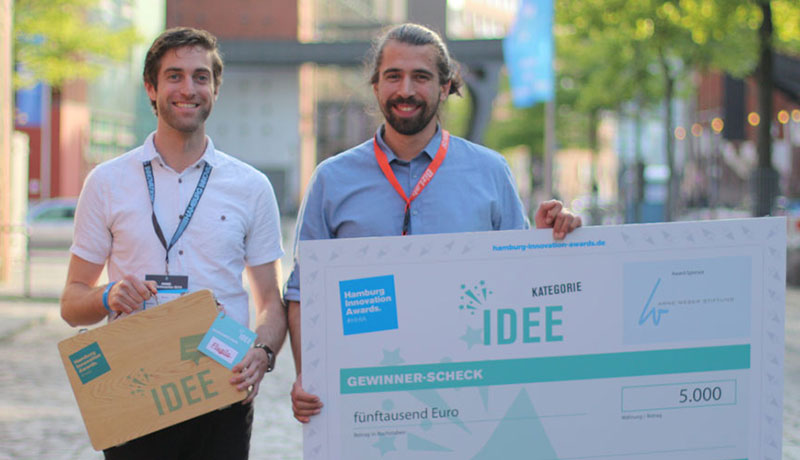
Andrew Moakes & Alex Kasinec (NIT Class 18)
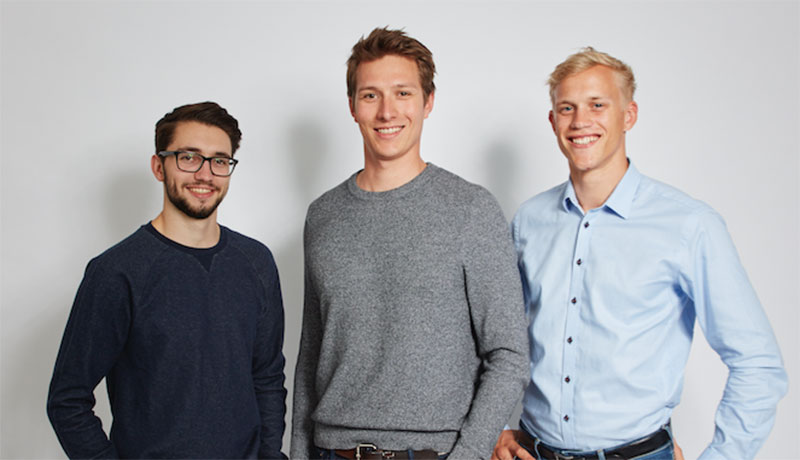
Nico Göhner and Alexander Sbitnew (Class 17) and their partner Justus Basler
FADENFELD
Fascinating images from a single thread
Unique art for your unique home
It takes 3,762 nails and half a kilometer of string to make a single Fadenfeld, or field of string. The works of art created by NIT alumni Nico Göhner and Alexander Sbitnew and their business partner Justus Basler are not only eye-catchingly beautiful but also technical masterpieces.
SWALK
The safest way home
Swalk is a mobile application that shows users the most secure route to their destination.
Safety is a problem that significantly diminishes the quality of the life of millions of residents and visitors to cities around the world, especially in Latin America where 42 of the world's 50 most violent cities are located. The feeling of being unsafe in certain situations can be very intense, and that is where Swalk can really make a difference.
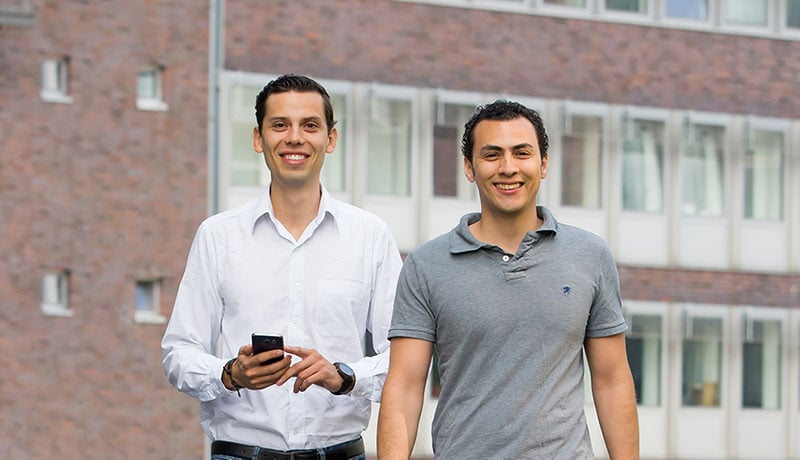
Rodrigo Hortega and Alejandro Espinoza (NIT Class 16)
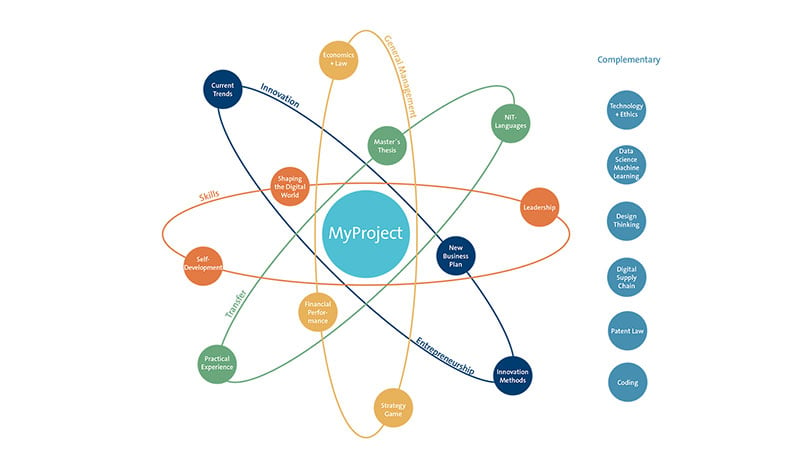
Founding your business at the NIT
During the Technology Management program (MBA/MA), the students acquire the skills required to become a stable business owner. The MyProject modules cover subjects related to founding a business like forming innovative ideas, writing a business plan or marketing an idea to potential clients. As part of this curriculum, the students lead their own innovation project – either their own business idea or an innovative project from one of the partner companies. Furthermore students can apply and deepen their acquired knowledge during the compulsory internship as well as the Master's thesis.
